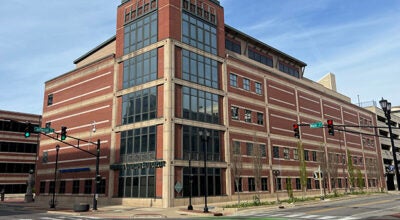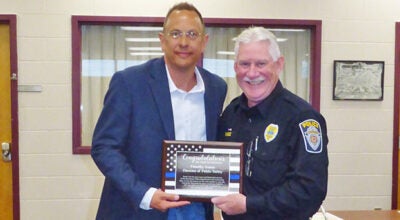Less funding, more costs keeping county’s roads rough
Published 10:33 pm Tuesday, November 23, 2010
ST. JOSEPH — Almost everyone is tightening their belts this holiday season, and the Berrien County Road Commission is no exception.
Decreased funding and increased costs means the road commission will not have crews plow subdivision roads on overtime unless there is 4 inches of snow or more on the ground this winter.
The road commission’s financial issues have also led to deteriorating roads throughout the county.
Brian Berndt, engineer-manager of the Berrien County Road Commission, told Berrien County Commissioners last week that a road surface condition survey done over the summer revealed that 197 out of the county’s 1,485 roads are in poor condition.
The study also showed 712 miles of road in fair condition, 547 in good condition and 29 in excellent condition.
Berndt said the 197 roads in poor condition were among the same 200 that were rated poor in a survey done five years ago.
But the poor roads aren’t the only concern for Berndt and the road commission.
“What we’re struggling to do today is preserve the roads that are rated fair and good so they don’t become poor,” Berndt said.
The best way to maintain roads, according to Berndt, is to seal-coat them. Berndt said the county’s 490 miles of primary roads should be seal coated every seven years or 70 miles per year.
“Next year is budgeted for 33 miles, which is not even half of what we should be doing,” he said.
The lack of funding for these projects comes down to a decrease in Michigan gas tax revenue.
“People are buying more fuel-efficient vehicles, and people are driving less,” Berndt said.
Compounding the problem is an increase in costs.
For example, the cost of salt has gone up from $32 dollars a ton to $55 a ton in the past five years, according to Berndt, meaning an increase of $176,000 for the cost of salt for the county.
The tightened budget requires clear priorities for the road commission.
“Our focus is day-to-day care and maintenance of our roads,” Berndt said. “We need to conserve the roads we have so they don’t become any worse.”






